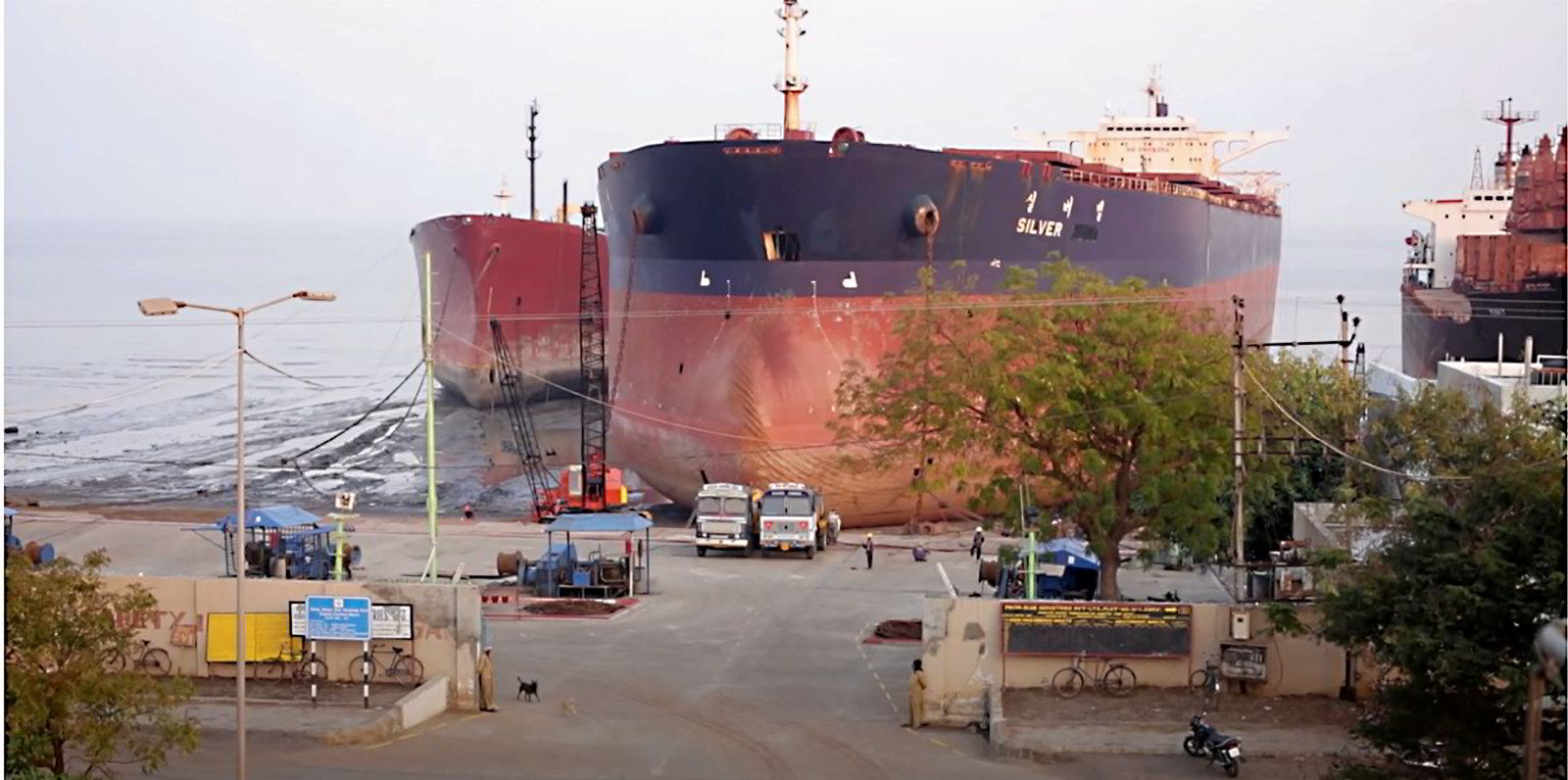Having enjoyed a long career in the shipping industry, and having worked on the development and implementation of a regulatory regime for the ship-recycling industry over the past 15 years, I have had to think long and hard about the many legal, commercial and cultural questions that arise and affect both industries.

In my view, the creation of the Hong Kong International Convention for the Safe and Environmentally Sound Recycling of Ships was a triumph of common sense that balanced so carefully the difficult and sometimes contradictory needs of these two industries.
Ten years after the Hong Kong Convention's adoption, and notwithstanding the painfully slow ratifications by the governments who adopted the "not-yet-in-force convention", large parts of the ship-recycling industry have embraced it and have changed.
It was remarkable to witness the transformation of the majority of India's ship-recycling industry in becoming compliant with the convention.
The recycling yards were not obliged to upgrade and comply with the convention by law, but through market forces that were created by an initially very small number of shipowners, who demanded "green recycling in line with HKC [Hong Kong Convention]", accepting in return a lower price for their ships.
A protagonist amongst these shipowners was AP Moller-Maersk, which invested management time, probably considerable funds and its staff's expertise to help several yards upgrade and reach standards of which most European yards will be envious.
In fact, on occasions I have been critical of Maersk, as at times it demands from the recycling yards it works with that they apply standards that exceed those of the Hong Kong Convention.
The problem is that an international norm should not be adjusted by the regulated, instead it may be revised by the International Maritime Organization, as is done for all other international conventions.
I would have expected Danish environment minister Lea Wermelin to have recognised Maersk’s contribution in motivating the transformation of the ship-recycling industry using the internationally agreed standards, which were developed at the IMO with the support of Denmark.
The award of some prestigious prize for its contribution to environmental protection or social justice would be quite appropriate and deserving.
I was saddened, but, having worked in the industry for so long, I was not surprised to read in the news that Wermelin announced that the Danish Environmental Protection Agency was "looking into the recycling of four Maersk vessels on beaches at Alang in India".
It is understood the four Maersk ships that the minister was unhappy about had been recycled in India in 2019 under strict Hong Kong Convention conditions.
It is also believed that the vessels were registered in non-European Union countries and that they were trading outside the EU before they were sent for recycling.
Therefore, I conclude that Maersk has not broken any laws that apply to the recycling of ships.
It would seem that the minister's complaint has to do with the freedom that shipowners have to change the flag of their ships as, apparently, the Maersk ships were flagged in the EU until 2018.
Behind this complaint lies the fact that the European Union Ship Recycling Regulation is implemented as a restrictive version of the Hong Kong Convention, with ship-recycling capacity approved so far only in European vessel-breaking facilities (which are not even of academic interest to oceangoing ships); one recycling yard in the US (ditto) and just eight recycling yards in Turkey (which must still be busy recycling cruiseships).
An expected consequence of implementing a mutation of the Hong Kong Convention as an instrument of European political will is that European-flagged ships will naturally choose to reflag with other registers.
I believe that this was the real concern of the Danish minister when she said that "we need to stand on the common framework we have".
So, instead of being congratulated for being an example to the shipping industry, Maersk risks finding itself accused of breaking a non-existent law while the authorities are contemplating a witch hunt that actually causes damage to the interests of Europe and its shipowners. What can one say?
Nikos Mikelis is a non-executive director of GMS, a cash buyer of vessels for demolition.
Do you have an opinion to share? Email: news@tradewindsnews.com







